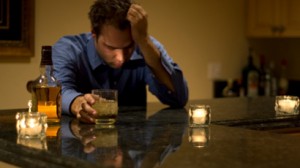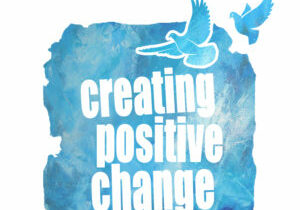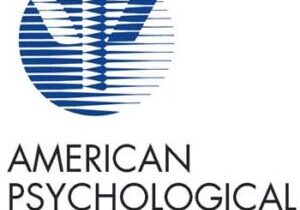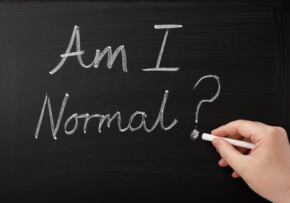Most of my patients who have a drinking problem would not consider themselves alcoholics. In fact, when I suggest to them that there’s very little difference between their drinking and a bona-fide, can’t-hold-a-job, drunk at 10:00 AM “alcoholic”, they look at me like I have three heads. “I’m not an alcoholic, I don’t drink during the day” they tell me. However, any substance abuse counselor worth their salt knows that problem drinking is problem drinking. The only difference is in the size of the consequences you’ve had or the problems drinking has created in your life. You see, the person who’s drunk at 10:00 AM and can’t hold down a job drinks for the same reasons most problem drinkers drink: to relax, to forget problems, to overcome social anxiety, to loosen up for sex, to drown out the sound of a nagging wife, or forget the transgression of a cheating husband. Here’s the problem with that: when you use a substance, any substance be it alcohol, drugs, food, or that little pill your family doctor said would help your nerves, you are preventing yourself from developing the coping skills you need to lead a healthy, happy life. Instead, you begin to rely on the substance. So, even if you don’t physically need it (which in clinical lingo we call “substance dependence”), you need it psychologically (which we call “substance abuse”).
If you find yourself (or your loved one) drinking most days of the week (even if it’s just one nightcap to relax in the evening), or find that when you drink you don’t stop at one or two drinks, and tend to drink more or become intoxicated, you very likely have a substance abuse problem. In other words, you have become psychologically addicted.
Most people who have a psychological need for drugs and alcohol also have relationship problems, emotions that either feel overly intense or overly disconnected, have a poor sense of self-worth, and do not fully reach their potentials in their career. That’s why professional treatment can be so beneficial; it teaches you how to improve your relationships, manage your emotions better, let go of angry and hurt feelings, cope effectively with life’s challenges, and improve your self-esteem and sense of control over your life. Whenever I read a story like the one I read today about the mass shooting in Wisconsin I’m not surprised to learn that there was a history of substance abuse in the shooter’s life. The need for excessive alcohol is a symptom of deeper issues that haven’t been resolved. The irony is that chronic or excessive substance use doesn’t actually make anyone better for very long. In the long run, what frees us from difficult feelings is learning how to face them in productive ways.
Drug & Alcohol Counseling – Plantation FL – Greater Fort Lauderdale
Dr. Chantal Marie Gagnon PhD LMHC offers drug & alcohol counseling in her Plantation Florida office. Her Plantation FL office serves clients in the Greater Fort Lauderdale Area, which include Weston, Davie, Sunrise, Cooper City, Tamarac, Hollywood and Dania Beach.
Get In Touch
(954) 559-2936
Please contact me via my contact form at vcita:
Contact Form for Plantation Counseling and Wellness / Plantation Psychiatry
We Are Hiring!
We are always looking for great clinicians and administrative staff. If you are interested in working with us, email your resume and a brief note to [email protected]
Tour Our Office
Our counseling, therapy and psychiatry office in Greater Fort Lauderdale, Florida is private and cozy.
Take a peek inside!


Dr. Chantal Gagnon
Dr. Chantal Marie Gagnon, Ph.D., LMHC is a licensed psychotherapist, relationship counselor, and life coach in Plantation, Florida. Dr. Gagnon provides individual therapy, family counseling services, and couples therapy in her Plantation, FL office. Coaching services are available nationwide.
Did this Article Help?
Here are a few more you might want to Read




















